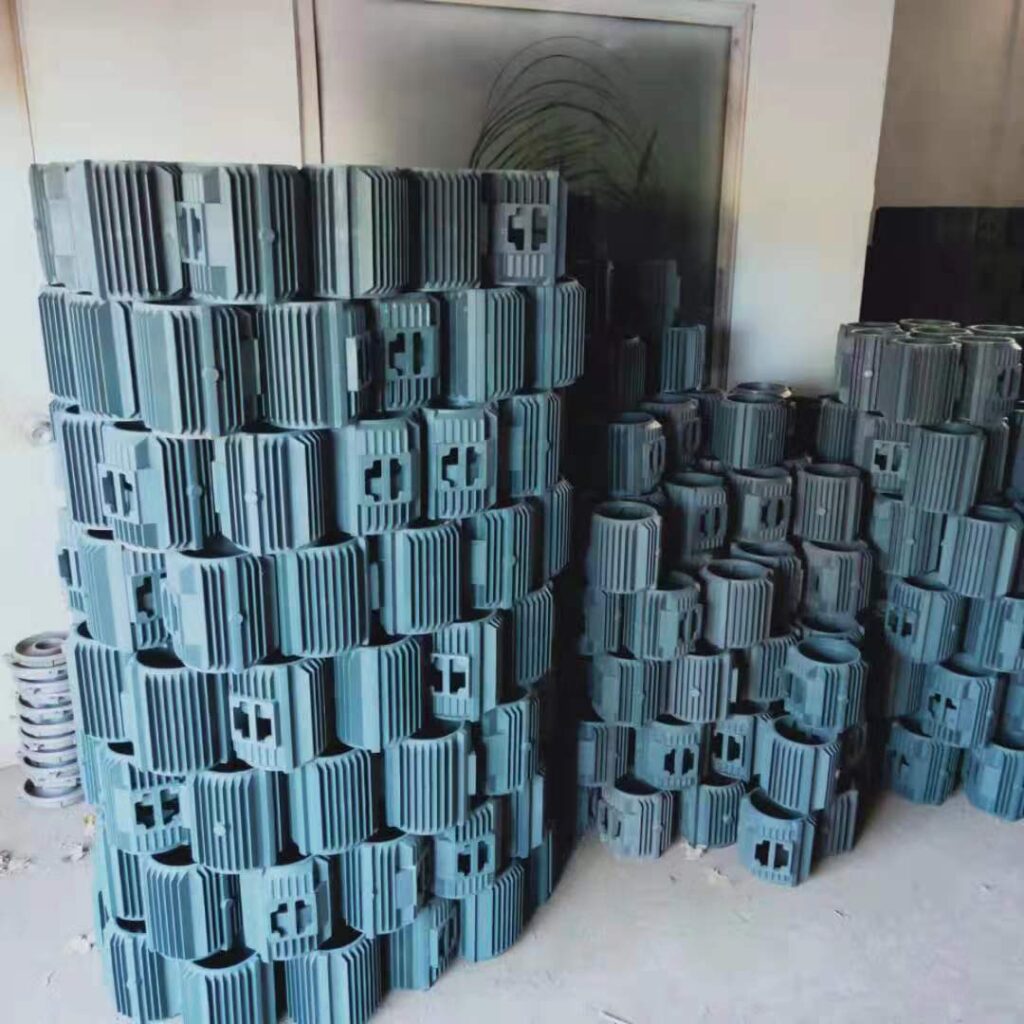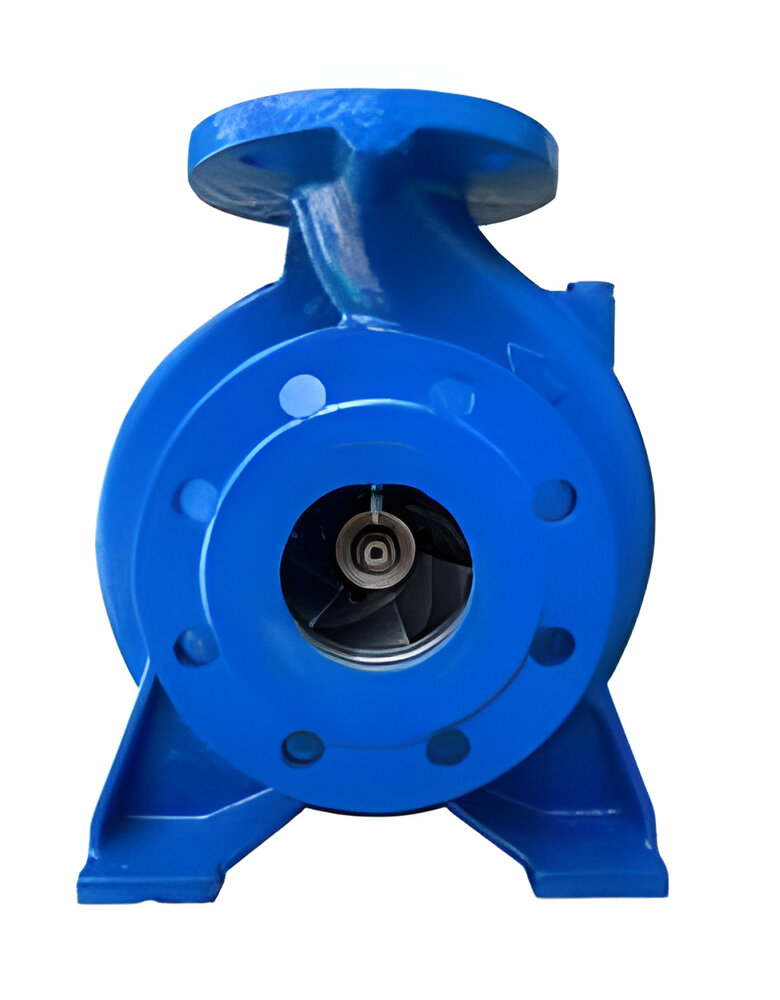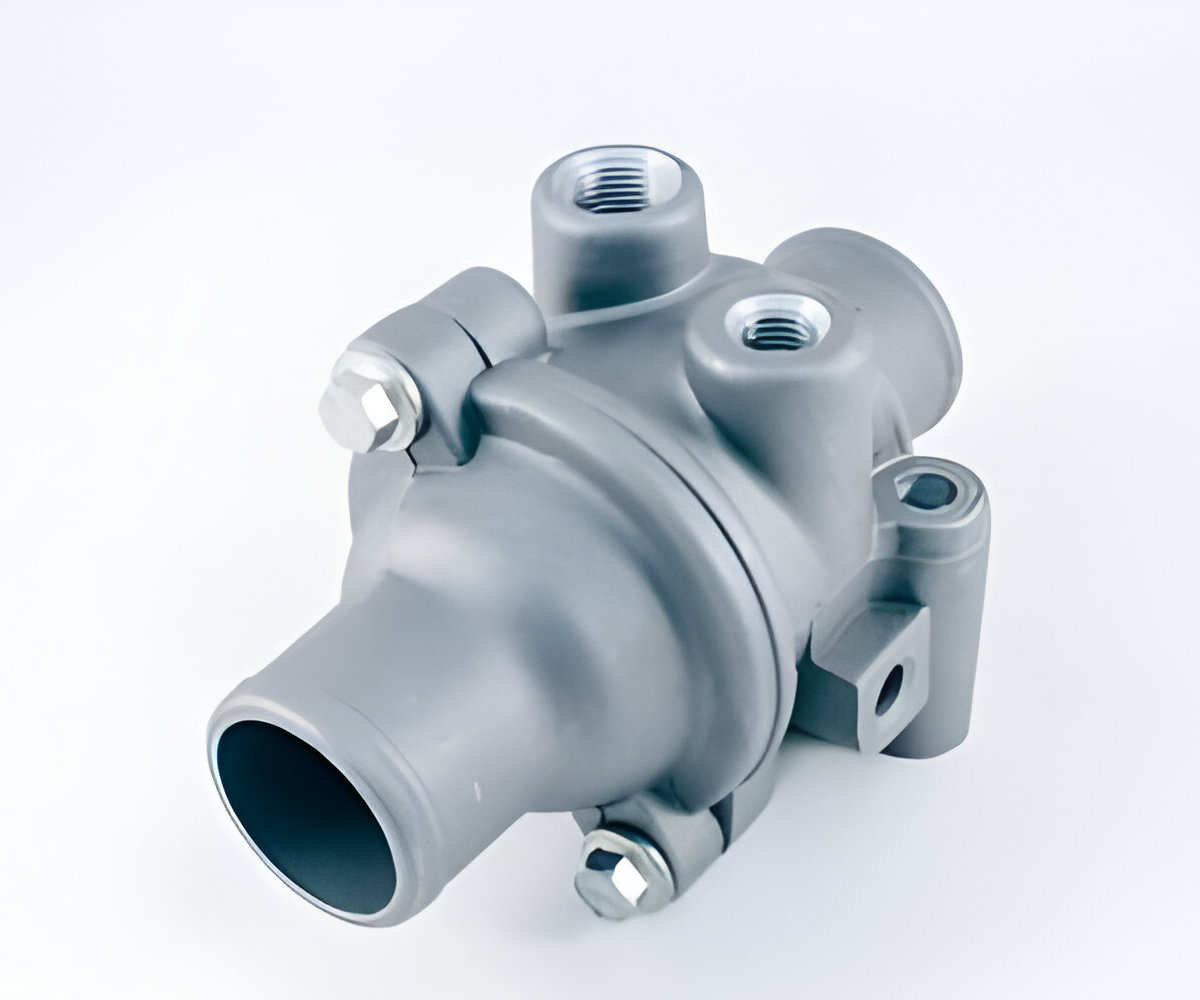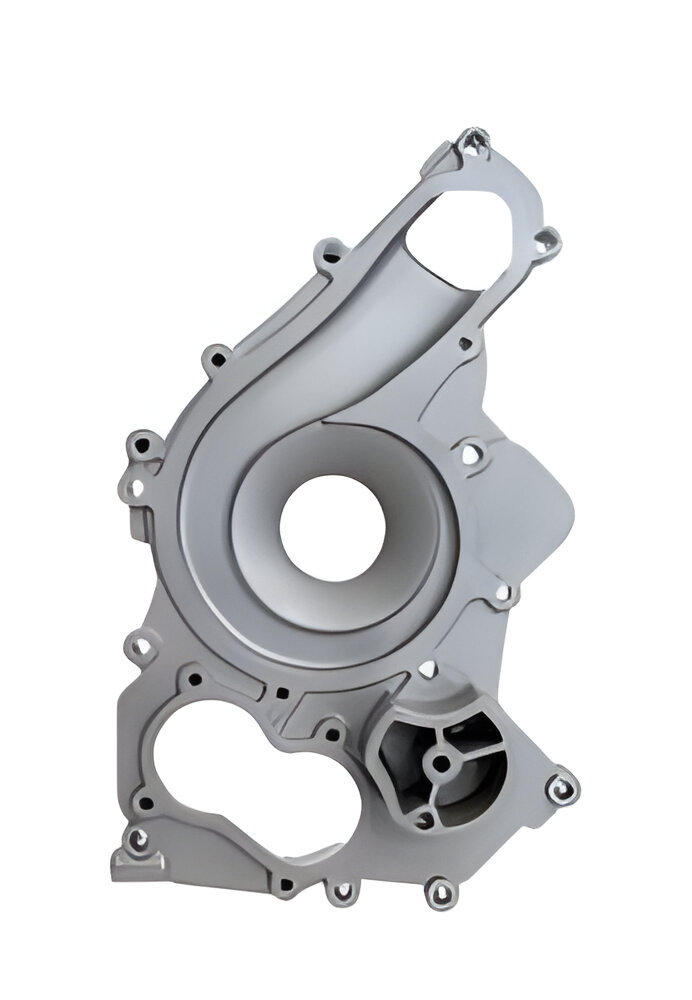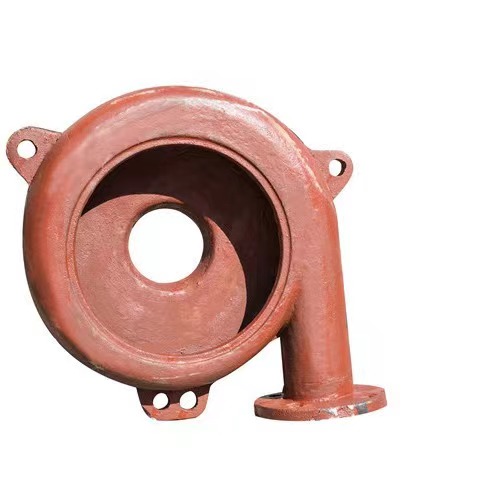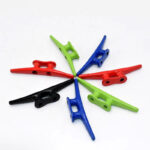Electric motors are the unsung heroes of modern machinery, powering everything from household appliances to industrial equipment. At the heart of these motors lies a crucial component: the motor casing. Often overlooked yet essential for optimal performance, motor casings play a pivotal role in protecting internal components and ensuring efficient operation. In recent years, advancements in materials, design, and manufacturing techniques have reshaped the landscape of motor casings, driving innovation and unlocking new possibilities for improved efficiency and durability.
Traditional motor casings have typically been constructed from metals such as aluminum or cast iron. While robust and reliable, these materials come with limitations in terms of weight, customization, and thermal management. However, the emergence of electric motor casings made from composite materials has revolutionized the industry. These lightweight yet durable casings offer superior strength-to-weight ratios, allowing for reduced overall weight without compromising on structural integrity. Additionally, composite casings provide greater flexibility in design, enabling manufacturers to create custom shapes and configurations tailored to specific applications.
In tandem with material advancements, the adoption of additive manufacturing technologies has opened new avenues for motor casing production. Additive manufacturing, also known as 3D printing, enables the creation of complex geometries and intricate internal structures with unparalleled precision. This allows for optimized airflow, improved heat dissipation, and enhanced performance of electric motors. Furthermore, additive manufacturing reduces waste and shortens production lead times, making it a cost-effective and sustainable solution for motor casing fabrication.
The evolution of electric motor casings extends beyond materials and manufacturing techniques to encompass innovative design features. Motor housing covers, for example, are now engineered to maximize accessibility for maintenance and repair purposes. Removable panels and modular components facilitate easy access to internal parts, reducing downtime and minimizing operational disruptions. Additionally, integrated cooling systems help regulate temperature within the casing, preventing overheating and extending the lifespan of critical components.
Another notable trend in electric motor casings is the integration of smart technology and sensors. These sensors monitor key performance metrics such as temperature, vibration, and energy consumption in real-time, allowing for proactive maintenance and predictive analysis. By detecting potential issues before they escalate, smart motor casings enhance reliability and optimize operational efficiency, ultimately reducing overall maintenance costs and improving uptime.
Electric motor housings are also evolving to meet the demands of emerging applications such as electric vehicles (EVs) and renewable energy systems. Electric motor housings for EVs, in particular, are designed to be compact, lightweight, and aerodynamic to maximize range and efficiency. Advanced materials such as carbon fiber composites and aluminum alloys are utilized to achieve these objectives while maintaining structural integrity and crash safety standards.
At KT Foundry, we specialize in the design and manufacturing of premium electric motor casings tailored to meet the diverse needs of our customers. With our expertise in materials science, engineering, and additive manufacturing, we deliver innovative solutions that enhance the performance, reliability, and sustainability of electric motors across various industries. Whether you require custom motor housings for automotive, aerospace, or industrial applications, our team is committed to providing exceptional quality and service.
Contact us today through our website, KT-Foundry, to learn more about our products and capabilities. Let us partner with you to drive innovation and propel your business forward with state-of-the-art electric motor casings.

